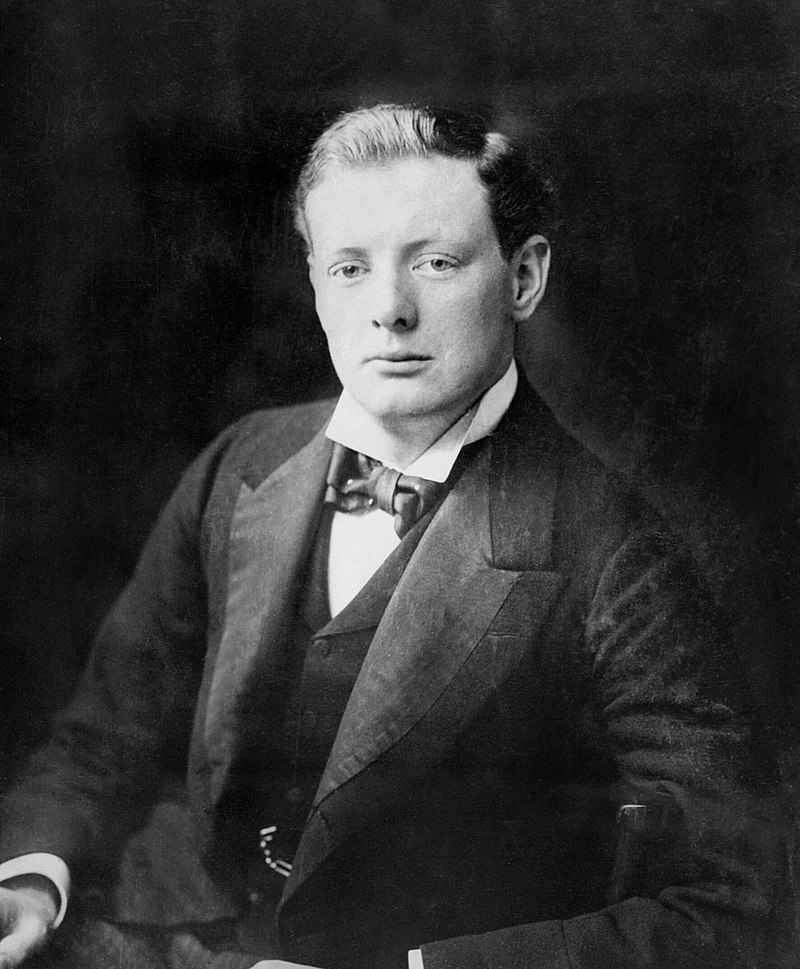Winston Churchill died at his home in London on January 24, 1963. Although his life was rich and eventful, he is most famous for his role as British prime minister during the Second World War, during which he guided not only the British but also all the Allied forces through the conflict.
Born in 1874, he joined the military in 1895, serving in India, South Africa, and the Sudan, distinguishing himself several times in various battles. However, after just a few years, he left the military to begin a career in politics. He was appointed first lord of the admiralty in 1911 and was responsible for much of the British war effort during World War I. However, his tenure was marred by the disasters at Gallipoli and the Dardanelles, where British forces suffered heavy losses due to poor planning and strategic errors. As the head of the Admiralty, Churchill was held accountable for these failures, leading to his resignation and return to military service.
Churchill’s political career did not end with his resignation. After the war, he continued to serve, becoming a cabinet member and then secretary of state for war. However, his most significant contribution during this period was his foresight in warning about the German Nazi party. Despite his efforts to alert the world, his warnings fell on deaf ears, a stark reminder of the weight of his unheeded advice.
When World War II broke out, Churchill was called back into service as the first lord of the Admiralty. After Neville Chamberlain’s failure as a wartime prime minister, Churchill stepped up to the role of prime minister. He rallied the British with his famous ‘never surrender’ speech and demonstrated his diplomatic skills by organizing a crucial alliance between the Americans and the Soviet Union. His ability to unite these powerful nations significantly influenced the Allies’ victory.
After the war, he won the Nobel Prize in Literature and was knighted by the Queen. He remained politically active until 1964, just a year before his death.

